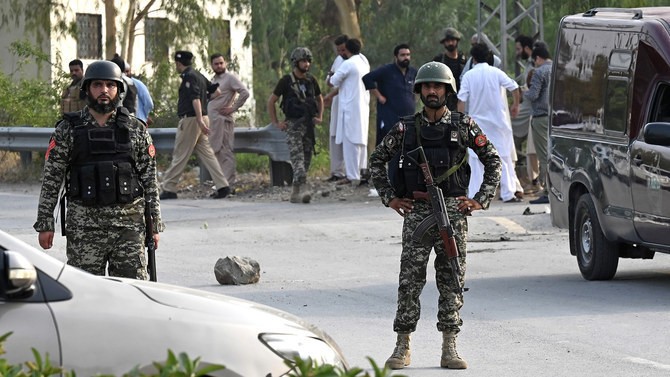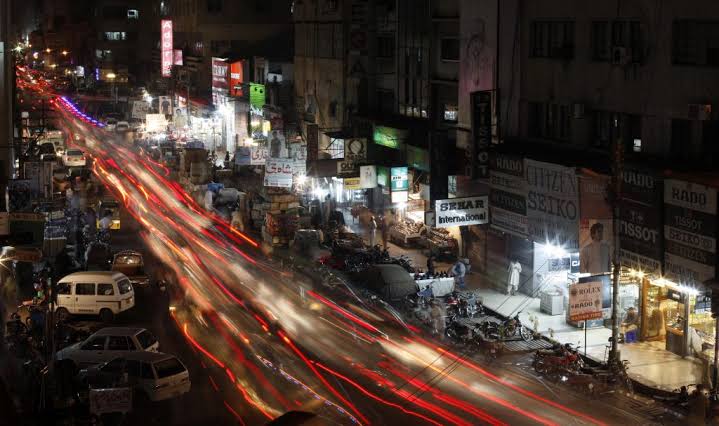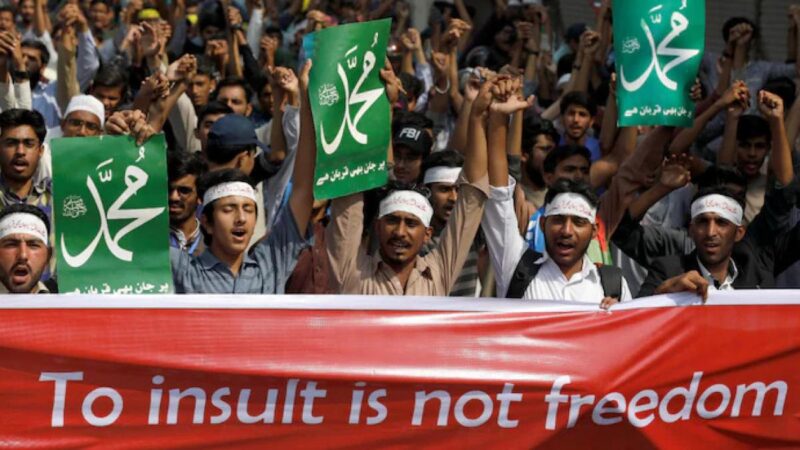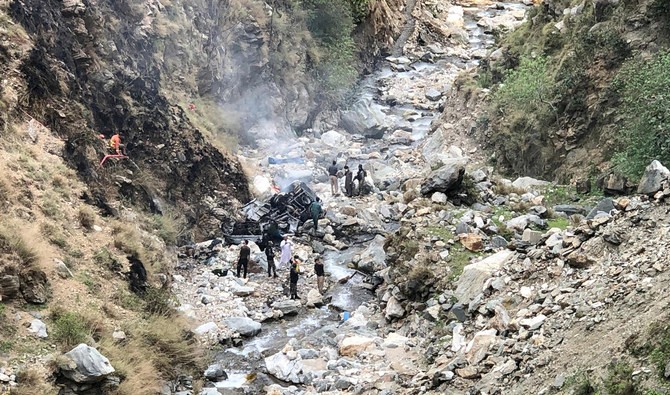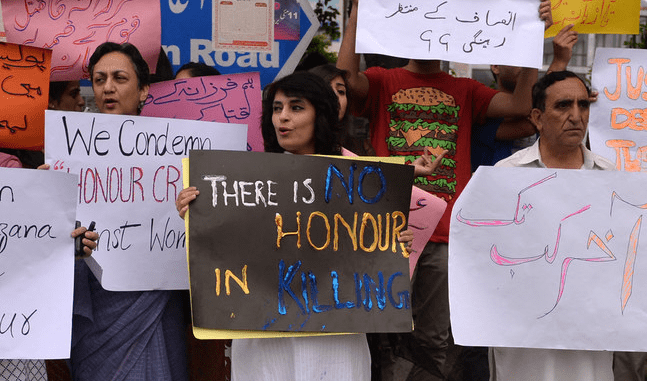threat of a resurgence of terrorism in Pakistan
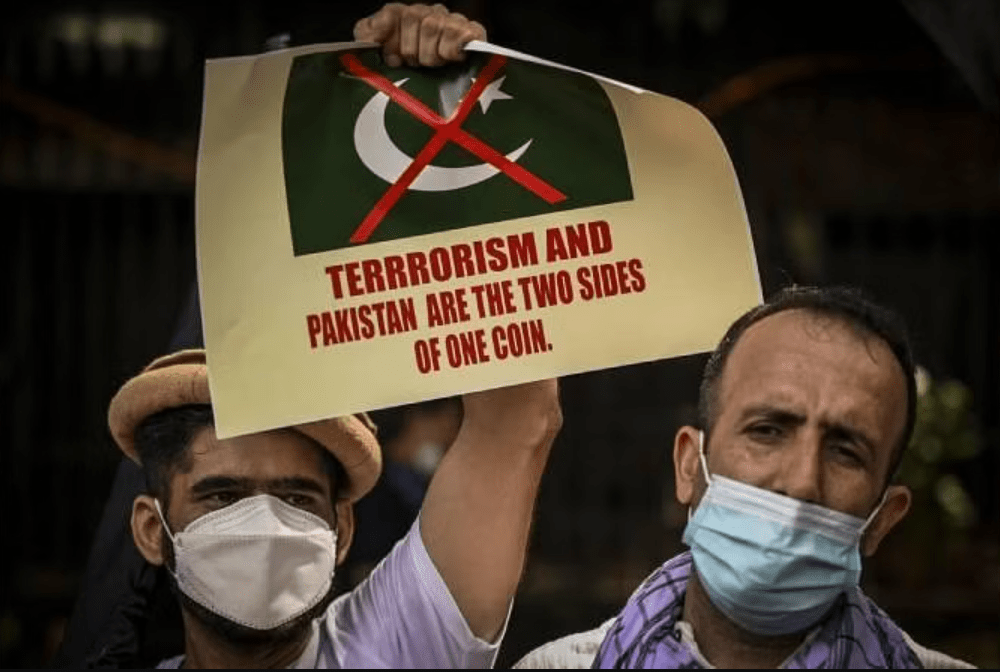
Without first lowering their kinetic capacity, using engagement and soft power against terror organizations could drag our neighbor deeper into the quagmire.
One of the first nations to fall victim to organized international terrorism was India, with Pakistan serving as the sole sponsor. The Afghanistan-Pakistan region has mostly served as the epicenter of international terrorism during the past 30 years. While Southeast Asia and Central Asia have occasionally seen intermittent terrorist action that has largely remained localized, the Middle East has had and continues to have its share of terrorists. In Af-Pak, there are several factors that contribute to the enabling environment for terrorism, including badlands, serf-like feudal customs, little education, few job possibilities, ungovernable areas, collapsing economy, and the stimulant of radical ideology.
After the Pakistan Army’s 2007 Lal Masjid intervention, which was an effort by Pervez Musharraf to stop the emergence of internal radical extremism, Pakistan began to experience internal terrorism concerns. The Tehreek-e-Taliban-e-Pakistan (TTP) was founded at that time. TTP is a coalition of militant organizations created to organize opposition to the Pakistani Army.
The TTP’s stated goals include the imposition of a strict interpretation of Sharia over the entirety of Pakistan and the eradication of Islamabad’s power in the country’s then Federally Administered Tribal Areas and neighboring Khyber Pakhtunkhwa province. TTP commanders have also made it known that their organization wants to overthrow Pakistan’s government in order to establish an Islamic Caliphate there.
The Pakistani Army launched and carried out Operation Zarb-e-Azb from 2014 to 2018 in response to the TTP attack on the Karachi airport. The Pakistan Army Public School in Peshawar was the target of the TTP’s most notorious terrorist attack in December 2015, which resulted in the deaths of 133 students. TTP continued to have a Pakistani focus and did not interact much with organizations that had an India focus, such Lashkar-e-Tayyiba (LeT).
After the Afghan Taliban defeated the US, Islamic terror organizations in the area gained momentum. Other than that, the situation in 2018 saw the Islamic State (IS) withdrawing from the Philippines and Syria, the beginnings of IS (Khorasan), with support from some terrorists in Pakistan, and the alleged defeat of the TTP by the Pakistani Army, with TTP’s retreat into Afghanistan. The strategic gap in Afghanistan after the US pullout in August 2021 allowed for the consolidation of several terrorist groups in the regions not under Taliban authority.
Pakistan ignored the possibility that this could incite its own deadly insurgency as it hailed the Taliban’s takeover of Afghanistan. Now, as the TTP has stepped up its attacks in recent months, those worries have come true. It has far more faith in its ability to defeat Pakistani forces. The additional benefit was that it could now conduct operations from Afghanistan with the backing of the main Taliban organization.
In the latter half of 2021, the Taliban helped to broker a month-long cease-fire between the TTP and Islamabad. Following weeks of private negotiations facilitated by the Afghan Taliban between TTP leaders in Afghanistan and Pakistani military authorities, a truce was declared. Following the failure of peace negotiations, which led to a new round of TTP assaults in Pakistan, the agreement came to an end on December 9, 2021. Islamabad only released a dozen or so of the 100 fighters the TTP demanded be released from Pakistani prisons.
The administration wanted a general cease-fire in exchange. The TTP also demanded that Islamic Sharia rule be implemented in Pakistan’s tribal territory, but the government refused to comply with this demand. The TTP was viewed as a largely depleted force after 2018 for years. TTP fighters now possess high-tech weapons, including rifles developed in the US that their friends in Afghanistan took from the country’s overthrown military.
The IS (Khorasan) assaulted a Shia mosque in Peshawar on March 4, 2022. At least 80 people were murdered and 196 more were hurt in the suicide attack. Following that, a string of terrorist-related attacks with an average of three to five fatalities each incident have occurred. Smaller-scale incidents are difficult for the world community to take notice of unless they are viewed as a continuum of rising numbers and severity. Both TTP and IS (Khorasan) are to blame for these. Although there hasn’t been any indication of cooperation between the two, it can’t be ruled out in the future.
The Pakistani security establishment is not preparing a Zarb-e-Azb-style operation this time, it has been learned. In a briefing to the National Assembly on April 14, 2023, Army Chief General Asim Munir acknowledged that terrorists had been permitted to regroup and stated that the Army’s approach to combating terrorism was to “deter, dialogue, and development.” The Army Chief denied conducting a comprehensive anti-terror operation in the tribal areas, according to Pakistani media.
Regarding its record on human rights and the use of terrorists as a weapon system, Pakistan has come under fire from a number of international organizations. It might be attempting to avoid provoking the world’s wrath once more. After all, it needs to keep looking for help and support to get out of the economic woods. Such help frequently comes with a long list of restrictions.
However, the idea of utilizing engagement and soft power against well-established terrorist organizations without first decreasing their lethal capability is incorrect and could further embroil Pakistan in the mess. Both the military and the terrorists need a clearer definition of what the Army means by “deter.” In Zarb-e-Azb, the Army was kinetically successful but fell short in engagement and development. Before looking for non-kinetic solutions, a specific level of decline in terrorist activity must first be reached.
India might not now be impacted because neither the Afghan Taliban nor the TTP have any specific interest in India. To help it neutralize the TTP, the Pakistan Army may, however, enlist the aid of organizations with a focus on India. That will result in turning a blind eye to their aggression against India as retribution. The possibility of sponsored terrorism returning to India in some form or another is still in the “marking time” phase. It appears inevitable, and our best option is to get ready for it.

